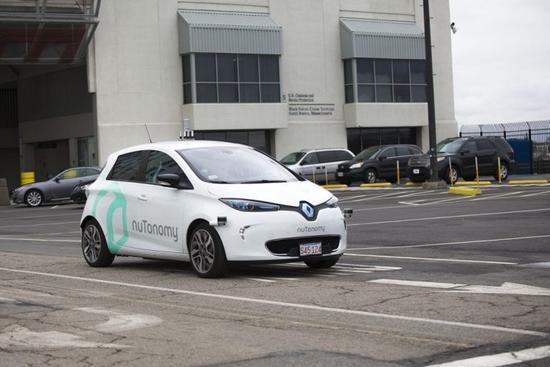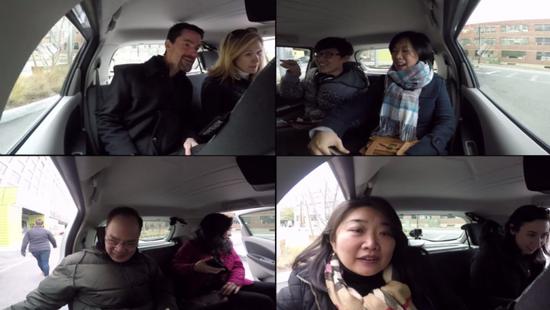Self-driving cars enter new phase: Several companies conduct passenger test

According to Lei Fengwang, Massachusetts is making significant progress in the deployment of self-driving cars. A local startup called nuTonomy recently took a major step forward by conducting its first passenger test in Boston, marking a key milestone in the state’s autonomous vehicle journey.
nuTonomy, which was founded in Boston and previously operated a fleet in Singapore, announced that it plans to launch its autonomous vehicles in Boston's harbor area early next year. These vehicles will not have safety drivers on board, but instead will be monitored by one engineer who can take control if needed. This approach mirrors similar efforts by companies like Waymo, signaling a growing confidence in the technology.
Last month, the company conducted a two-week trial with a group of volunteers. Participants used nuTonomy’s app to summon self-driving cars, which would then make a loop around the harbor area, passing through downtown Boston via Summer Street and returning via Parliament Street. The experience gave users a firsthand look at how autonomous vehicles operate in real-world conditions.
CEO Karl Iagnemma emphasized that nuTonomy aims to bring this technology to everyday people, including those with visual impairments. “We want everyone to have the chance to experience what self-driving cars can offer,†he said. Feedback from participants was overwhelmingly positive, with many feeling the cars were too cautious, which some saw as a good sign of their safety features.
This trial is a crucial step for nuTonomy as it prepares for a commercial launch in Singapore next year. If successful, the company could become the first to offer a fully automated taxi service worldwide. Singapore’s more flexible regulatory environment makes it an ideal starting point for such an ambitious project.
In the U.S., however, regulators are still debating how best to manage and govern self-driving vehicles. nuTonomy’s Boston test is a promising sign for other companies looking to deploy autonomous technology in Massachusetts.
Founded at MIT, nuTonomy recently received support from Delphi, a major automotive supplier. Two years ago, Delphi acquired Ottomatika, another autonomous driving software company, reinforcing its commitment to the future of mobility.
nuTonomy has also partnered with Lyft, launching a self-driving taxi project in Boston. Iagnemma said that integrating with the Lyft app is a key next step, allowing users to request autonomous rides directly through the platform. The project is expected to go live later this year.

Experience the Future of Mobility with nuTonomy
Another MIT spin-off, Optimus Ride, is also making waves in the self-driving space. Based just 12 miles from Boston, the company recently announced a partnership with LStar Ventures to launch an autonomous vehicle testing project in Focus Park, a former naval air station.
The project will allow residents within a 1,550-acre area to use free, self-driving shuttles to reach the South Weymouth commuter rail station. Over the next 18 months, the test will expand, with additional roads planned and more homes and businesses moving into the area. Developers are already exploring potential revenue models, such as charging companies for shuttle services.
LStar Ventures’ regional manager, Barry, described the initiative as a “laboratory for future technologies and transportation.†With current population of 2,000 people, the area is set to grow significantly, eventually accommodating up to 1.5 million residents.
With approval from Boston and Massachusetts transportation authorities, Optimus Ride has already begun testing self-driving cars in the harbor area. Its passenger trials are scheduled to start early next year, further expanding the landscape of autonomous mobility in the region.
Petrochemical Industry Pressure Gauge
ZHOUSHAN JIAERLING METER CO.,LTD , https://www.zsjrlmeter.com